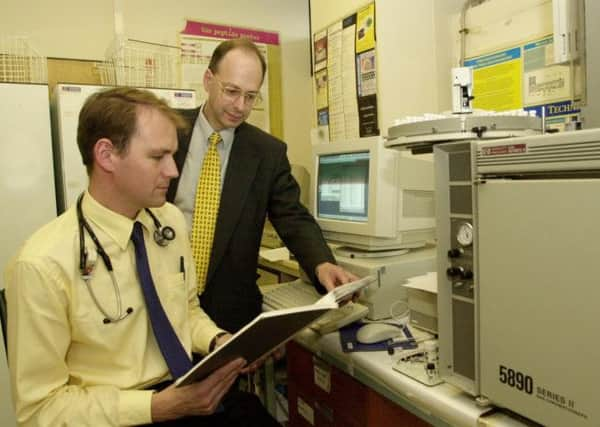Comment: Take responsibility for dementia care


With most clinical conditions, all direct costs are covered in the UK (except maybe parking at the hospital, and people already complain about that). With dementia, when care in your house is needed you may have to pay, and when care home care is needed, you may have to sell your house to fund it. Given that the number of people affected is on the increase, and the amount of public money is probably not going to increase, what should we be doing now to deal with this problem that is so real for so many people?
We are all going to have to get used to the idea that we share responsibility for the care of older relatives. We can’t any longer keep asking what the council or the health service is going to do for us. In Singapore, for nearly ten years now, the Maintenance of Parents Act has provided for residents aged 60 and above, who are unable to subsist on their own, to claim maintenance from their children who are capable of supporting them, but are not doing so. Children, even “illegitimate”, adopted and stepchildren are at risk of six months in jail for failing to provide. It is enforced in the same way as child maintenance. This is their preparation in anticipation of an aging population.
Advertisement
Hide AdAdvertisement
Hide AdIn the UK, in the absence of such a legal duty, there appears to be no great sense of moral obligation in many cases. As children we have not only failed often to take on financial responsibility for our parents, but have colluded with them to try to hide their money so that the state will pay for any care.
FOLLOW US
SCOTSMAN TABLET AND MOBILE APPS
How many middle class children paid the mortgage on their parents’ “right to buy” council houses and tried to claim ownership in order for the house to be excluded from the calculation for paying care home fees? Local authorities are getting more and more sophisticated at detecting how much of our parents’ wealth has been transferred to us solely for the purpose of making the old person look poorer. Only the well off and sophisticated have been able to do that, making their parents eligible for benefits that were meant as a safety net for those who have nothing.
With the increase in numbers of older people and people with dementia, and the constraints on public spending, it is unlikely that statutory support for older people is going to increase, and the tax funded focus is likely to be on those who have absolutely no means of support. And even that will be the bare minimum.
In England, local authorities are already placing old people in care homes that shame the children into paying “top up” fees because what is provided for free is so minimal. In light of this, it is a good idea for those of us in our middle age to start to prepare now.
First, try to avoid dementia or delay its onset. There are things you can do including diet, exercise, socialising and mental stimulation that seem to help a bit, even though you may still have a stroke of bad luck.
Second, work out with your children how you can stay out of care when you do get frail, with their help, so that your family wealth is not squandered, if they want to keep it for after you are dead. (An alternative is to indulge yourself while you are alive… it’s your choice. Some of those care homes are really comfortable and attractive.)
Third, stay out of hospital if possible. If you have to go in, recruit family members to come and supplement your care. They’ll find it pays financial dividends and it’s life enhancing anyway. Their task is to prevent the hospital doing anything that prevents your return home or points you to a care home.
And cross your fingers. «
• Professor June Andrews is director of the Dementia Services Development Centre at the University of Stirling. Her book, Dementia – The One-Stop Guide, is published this month by Profile Books